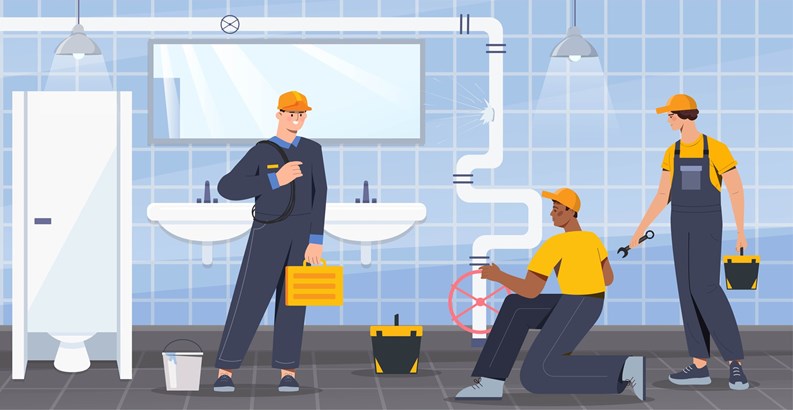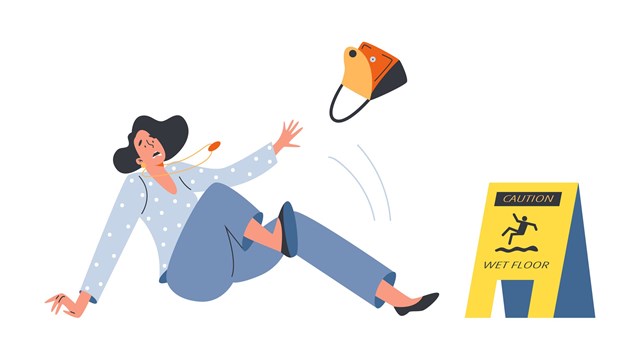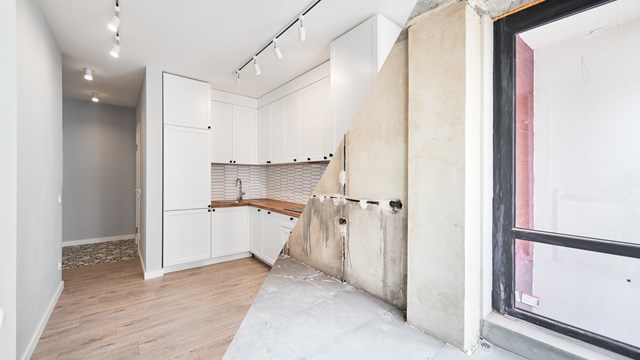Q. My co-op recently approved my alteration agreement but is requiring an independent plumber to oversee the work of my contractor’s licensed (and bonded) plumber, and at my expense. My contractor has told me that this is quite unusual and makes no sense. Is this common practice in a co-op renovation and can the board enforce it?
Additionally, the co-op is asking that I pay the cost for the building architect to review and approve work identical to work previously approved in other apartments identical to my own. Does each apartment have to have the same work approved every time it’s done even though it’s exactly the same work?
Thank you in advance for any advice.
—Reigning Over My Reno
A. “The board of directors for the cooperative corporation has a fiduciary duty to all shareholders, and that includes when alterations are being made,” says Mark Hakim, attorney with Schwartz Sladkus Reich Greenberg Atlas LLP in Manhattan. “Alterations can have an adverse impact on the building and its systems, including plumbing, and the board must make sure that all is done in accordance with law and the proprietary lease, and without any adverse effects. Any material alteration will likely require the corporation’s consent, which consent may be conditioned on many things, including hiring, at the shareholder’s expense, professionals to monitor and approve the work.
“Also, note that most corporations also require any shareholder performing alterations to enter into an ‘alteration agreement’ which will require, amongst other things, that the shareholder submit plans and a scope of work for approval, maintain insurance, and pay the corporation’s professionals for their participation in the process.
“Alteration agreements generally also require that the shareholder pay all the costs related to the work, including that of building’s professionals who review the plans and monitor the work. Here, the board is requiring the outside plumber to be hired and paid for by the shareholder which the board, generally, has a right to do under the proprietary lease and the alteration agreement. It is quite prudent of the board to have the work monitored, and certainly it should be at the cost of the shareholder performing work (honestly, it would not be fair to the other shareholders to have to pay for the work being performed by others).
“Lastly, with respect to the work being approved each time, even if it appears ‘identical,’ most work or the conditions of the systems (here, plumbing) are not truly identical and the board must ensure, in each instance, that any work being done is performed properly and does not adversely affect the building or its systems.”










Comments
Leave a Comment